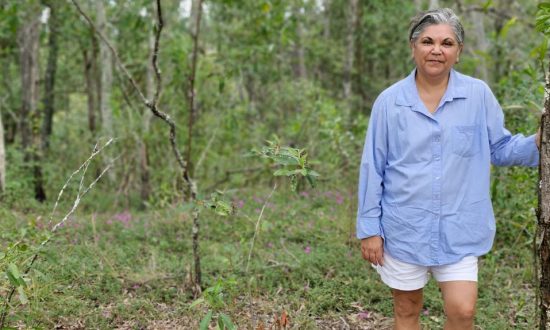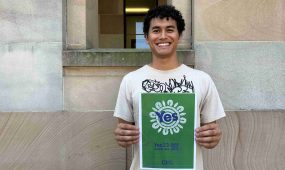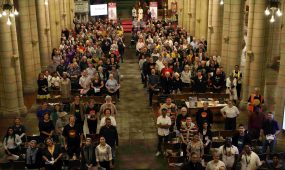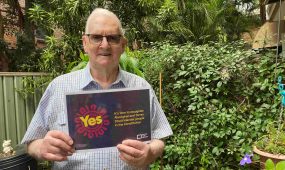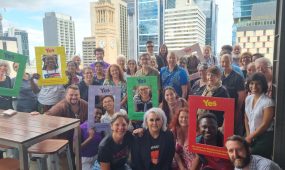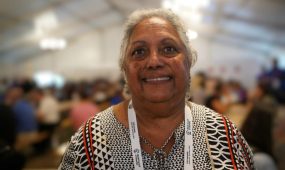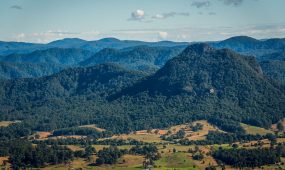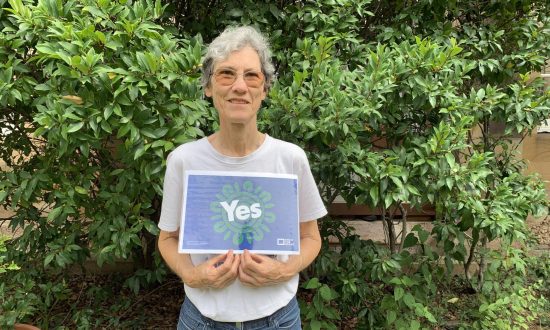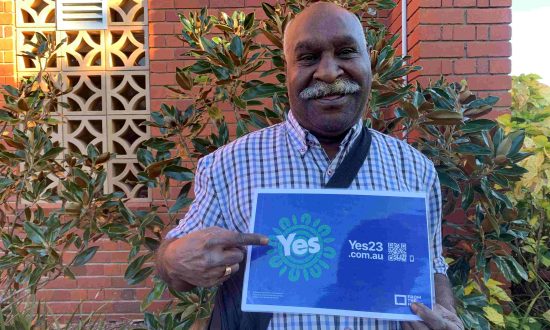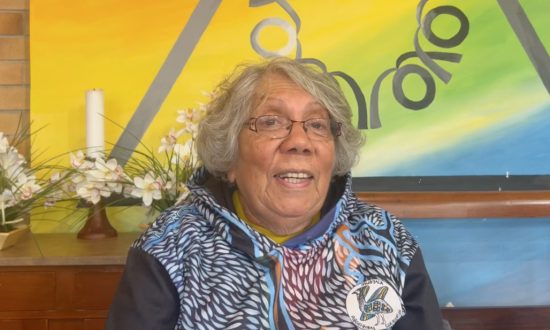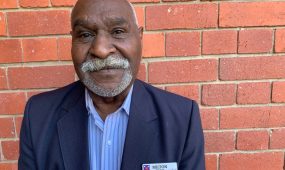
“As a community, after the Easter Day service we celebrated the resurrection of the Lord Jesus with a big kai kai (feast). People from all over the Torres Strait Islands and Papua New Guinea (which was then still administered by Australia) came via sailing canoes rather than by motor boats, bringing seafood, taro, sweet potato, casava, sago and other traditional foods. We then had traditional dancing with men wearing headdresses made of emu feathers and women wearing grass skirts,” says Uncle Milton Walit from NATSIAC and The Parish of Laidley
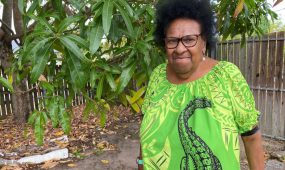
“I also often invite other Anglicans to see that Torres Strait Islander Christians are Christians in our own way. We seamlessly blend our ancient sovereign ways and knowledges as Traditional Custodians with the wider Church’s ways and knowledges. For example, as part of my baptism as a baby, my mum removed my clothing and nappy and held me up in the sea breeze to be sprayed, to first be blessed, by the malu (ocean). She then took me to the church for the service,” says Aunty Dr Rose Elu
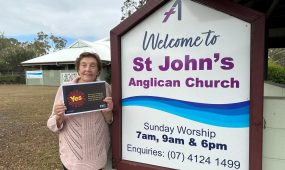
“In my experience, the best way to find out what’s working and what’s not is to ask the people who are receiving the services. The Voice will be an advisory body, and when it’s up and running Aboriginal and Torres Strait Islander community members from the grassroots will be able to communicate via a direct avenue to Parliament about why ‘the gap’ isn’t closing and how best to close it,” says former nurse Jill Rylatt from St John’s, Hervey Bay
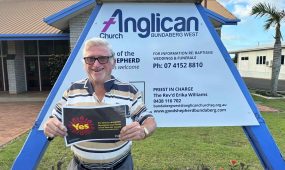
“The proposed constitutional amendment is well worded. When I found out in the church presentation that Parliament will determine the Voice’s ‘composition, functions, powers and procedures’, I realised that the constitutional text makes sense. I personally think that it’s all good. I encourage voters to read this proposed constitutional text because, at the end of the day, it’s the only thing we are voting on in the referendum,” says Reg Dean from The Parish of Bundaberg West
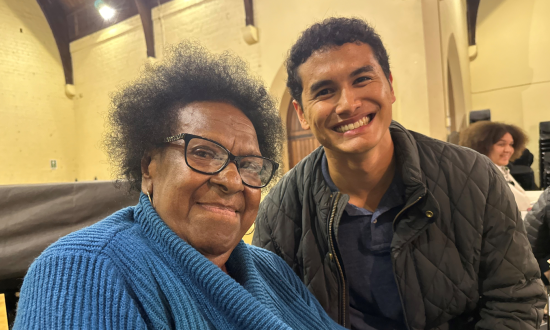 Justice & Advocacy
Justice & Advocacy

